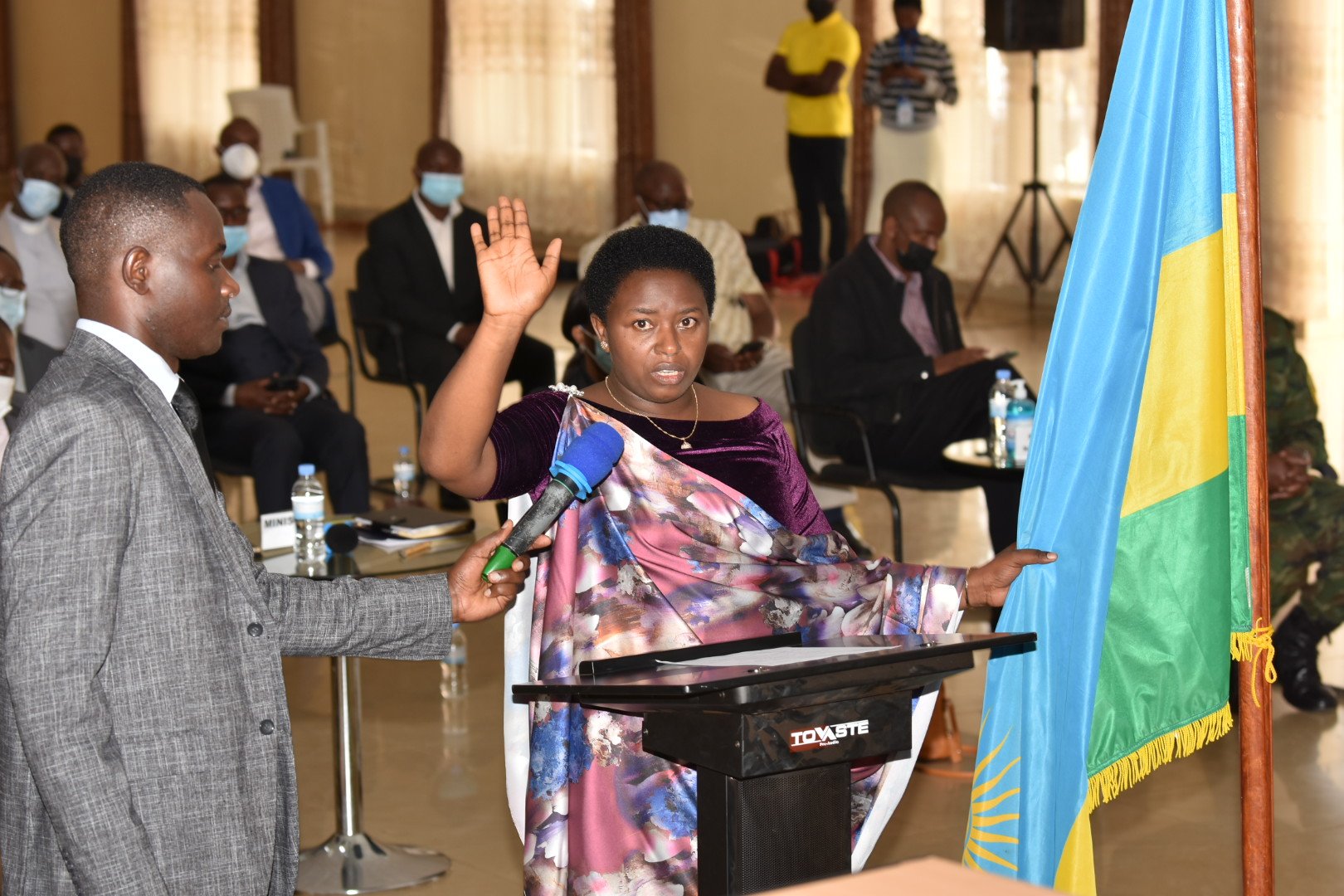

Figures from the newly released 2019-20 Rwanda Demographic Health Survey (RDHS) are a mixed bag. The survey was conducted by the National Institute of Statistics of Rwanda (NISR).
In some indicators, the country has made gains since the previous survey was carried out back in 2014-2015, with others showing negligible improvements or even a decline.
One of the main concerns from the findings is that up to 33 per cent of children aged between 6 months and 59 months are stunted, with Northern Province leading with most cases of stunting, at a whopping 48 per cent.
Spousal violence against women increased from 40 per cent in 2014-15 to 46 per cent in 2019-20, while employment among women aged 15-49 also fell over the past five years, to 66 per cent down from 78 per cent.
Also of concern is the fact that only 8 per cent of women in rural areas have ever used the internet (compared to 17 per cent of men), with the percentage improving among urban women, to 40 per cent, with men also leading at 58 per cent.
Some of the areas that recorded marginal improvements include access to better-quality sanitation facilities, which rose by just one percentage point to 72 per cent over five years, while there are also notable improvements in several indicators, including Under-five mortality rates, maternal mortality, use of family planning methods, among others.
While the Covid-19 pandemic may have affected some of the indicators, albeit minimally given the timing of the survey, the real impact of the virus will be reflected in the findings of the next RDHS edition.
The survey results could not have been released at a better time for the newly elected local government authorities, who should now act on them in collaboration with other players.
As has been explained before there is no justification why the country should, for instance, still have a big number of stunted children. In most cases it’s an issue of mind-set and grassroots leadership, but, with greater commitment, things can change.


